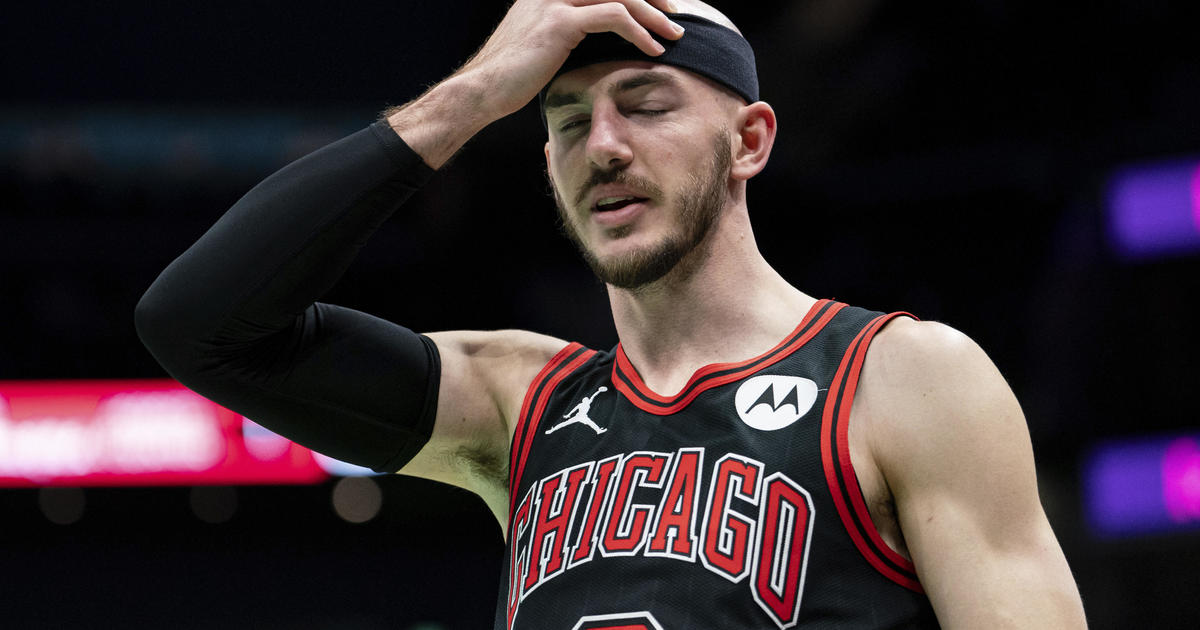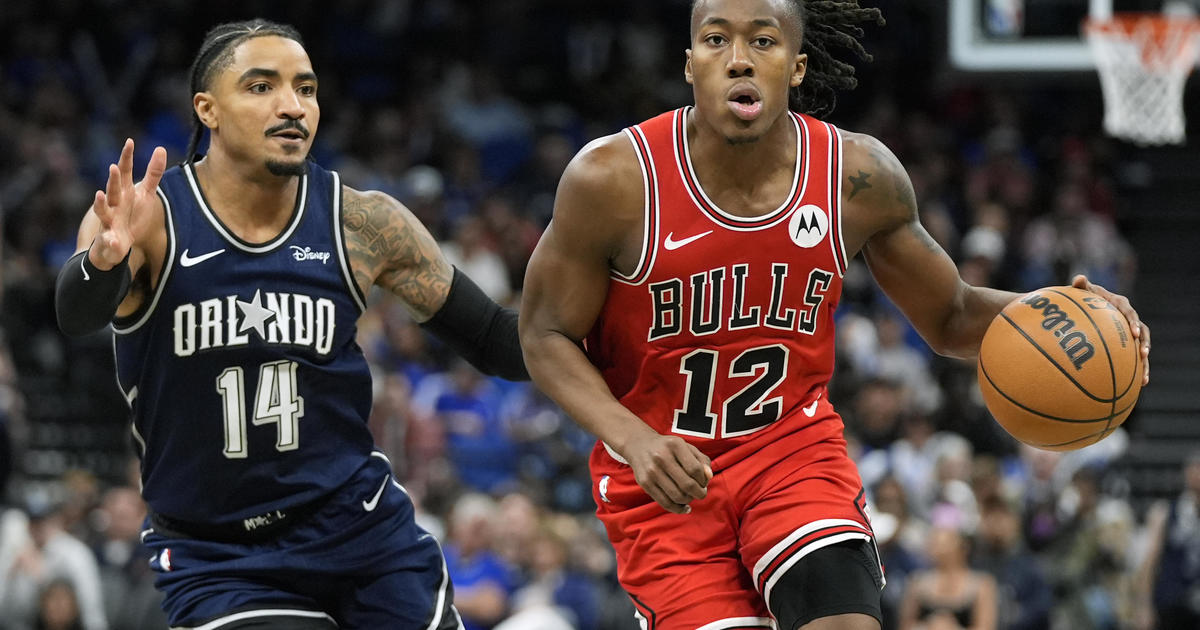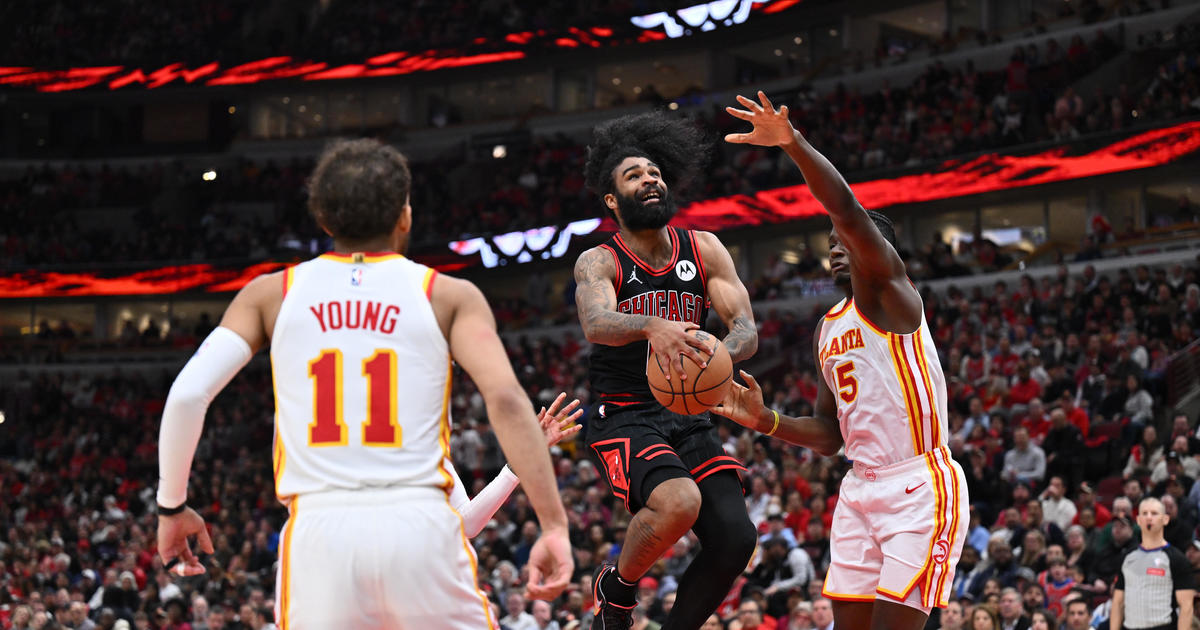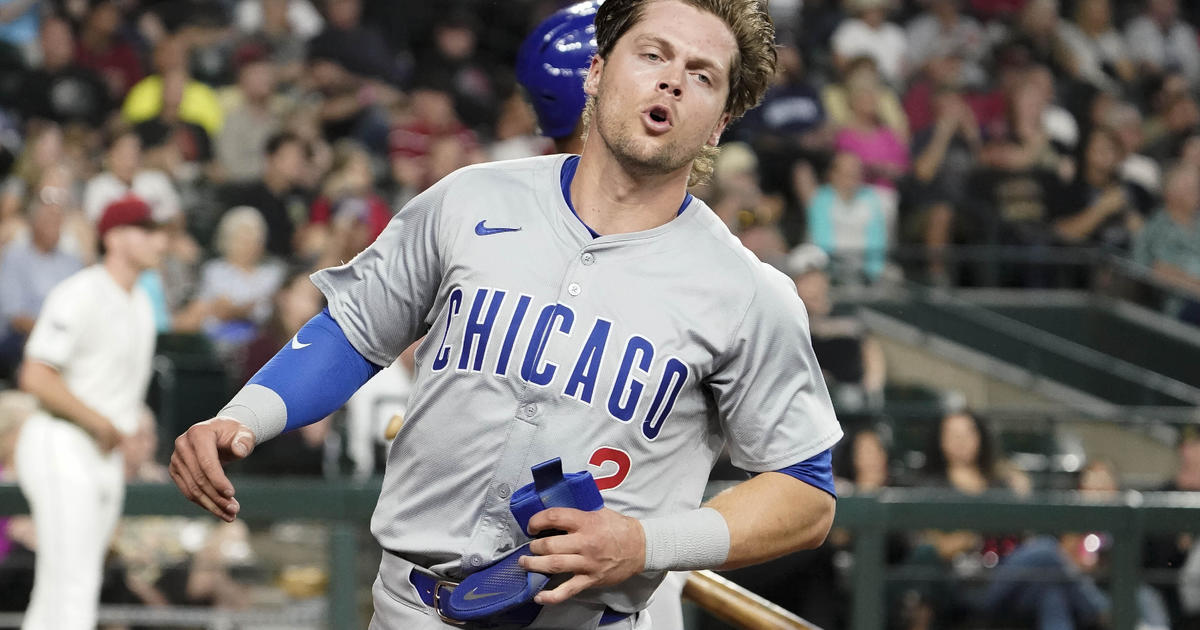Thompson: Bulls Bury Heat's Small Lineup
By Brad Thompson--
CHICAGO (WSCR) Heat Coach Erik Spoelstra's plan for Game 1 of the Bulls-Heat Eastern Conference Finals was to play a small lineup. It didn't work. After being tied at 48 at halftime, the Bulls manhandled the Heat on their way to a convincing 103-82 win.
Going with a smaller lineup plays right into the hands of the Bulls. Rebounding is already one of Chicago's strengths, and even against Miami's starters, the Bulls have the advantage. Joakim Noah is a terror on the offensive glass and Carlos Boozer, Luol Deng, Taj Gibson and Omer Asik are solid rebounders as well. Spoelstra must be hoping the Heat can force the Bulls into a bunch of turnovers, but that wasn't the case on Sunday night.
When the Heat 'go small' LeBron James or James Jones move to the power forward position. Miami had some success against Boston using this lineup and clearly this was Spoelstra's strategy in Game 1 versus Chicago. He preferred speed and quickness to size and length. That's why Zydrunas Ilgauskas, who started the first three games against Boston, and Erick Dampier weren't even in uniform for Game 1.
Spoelstra might want to rethink his approach.
Not only did Chicago crush Miami on the boards, but the Heat ended up with only 10 fast break points. So much for being fast and quick. The Bulls outrebounded the Heat 45-33 and had 19 offensive rebounds. That unbelievable number of offensive boards amounted to a 31-8 advantage for Chicago in second-chance points. Chicago did an excellent job getting back on defense in transition and not turning the ball over, thus limiting Miami's fast break opportunities.
The Heat's starting center Joel Anthony only had six rebounds. Chris Bosh had nine boards and James six. Jones, who played 24 minutes, only managed to grab one rebound to go along with four points. If Miami goes small, James and Jones need to provide more help rebounding than seven boards combined.
On top of the enormous rebounding disparity, Miami committed 16 turnovers, while the Bulls shot 10 for 21 from beyond the arc. You'd think having a smaller lineup on the floor would result in better ball handling and defense against 3-pointer shooters. Well, think again.
Maybe I'm overreacting about Spoelstra's small lineup. The Bulls are the better rebounding team no matter who's on the floor for Miami right? Maybe by the end of the series Miami's small lineup will force tons of turnovers that result in easy baskets. Or maybe the Heat, and in particular James and Wade, played like they were still celebrating getting over the hump against Boston.
If Spoelstra continues to play his small lineup in Game 2 and the Heat don't win, keep an eye out for LeBron to voice his concerns. He's good at placing the blame on others and not being accountable, especially if he struggles again.
It was clear that the Bulls wanted it more in Game 1. They played with more intensity, desire and urgency than Miami. The Bulls were the more aggressive team and imposed their defensive will on the Heat in the second half.
The concerns for Miami heading into Game 2 are aplenty, and defensive rebounding has got to be priority number one. It's hard to beat a team that has 19 offensive rebounds. I'm not suggesting that Ilgauskas and Dampier are the answer for Miami, but Spoelstra might be forced to play Haslem more and shy away from his small lineup.
The Bulls attempted 19 more field goals than the Heat. I wonder how they got all those extra shots?
Do you agree with Brad? Post your comments below.
Brad M. Thompson, a former college football player and coach, made his return to the Midwest in 2009 after fighting wildfires out West. He earned his master's degree from the Medill School of Journalism at Northwestern University and covers the Big Ten Conference and Chicago sports. Follow him on Twitter at @Brad_M_Thompson. Find more of Brad's blogs here.




